In February 2020, the Federal Government signed the decree no. 10,240/2020, which obliges suppliers to bear all the reverse logistic of homemade electronic products, including photovoltaic panels, providing collection points and, subsequently, correctly disposing of that material.
However, engineer Luiz Fernando Mendonça, coordinator of solar energy studies at the PUC-Rio Energy Institute, in an interview with #Colaborate, highlighted that the decree only covers modules installed in residences. The plants with greater power, in this case, continue without specific decommissioning legislation.
Given this scenario, solar energy has a challenge to face: How to promote panel recycling in Brazil? In other words, the correct disposal of discarded modules, made from inputs such as silicon, aluminum, glass and noble metals such as copper and silver.
O Solar Channel spoke with Leonardo Gasparini, CEO of SunR, who discussed the subject and highlighted the importance of developing technologies to effectively recycle photovoltaic equipment.
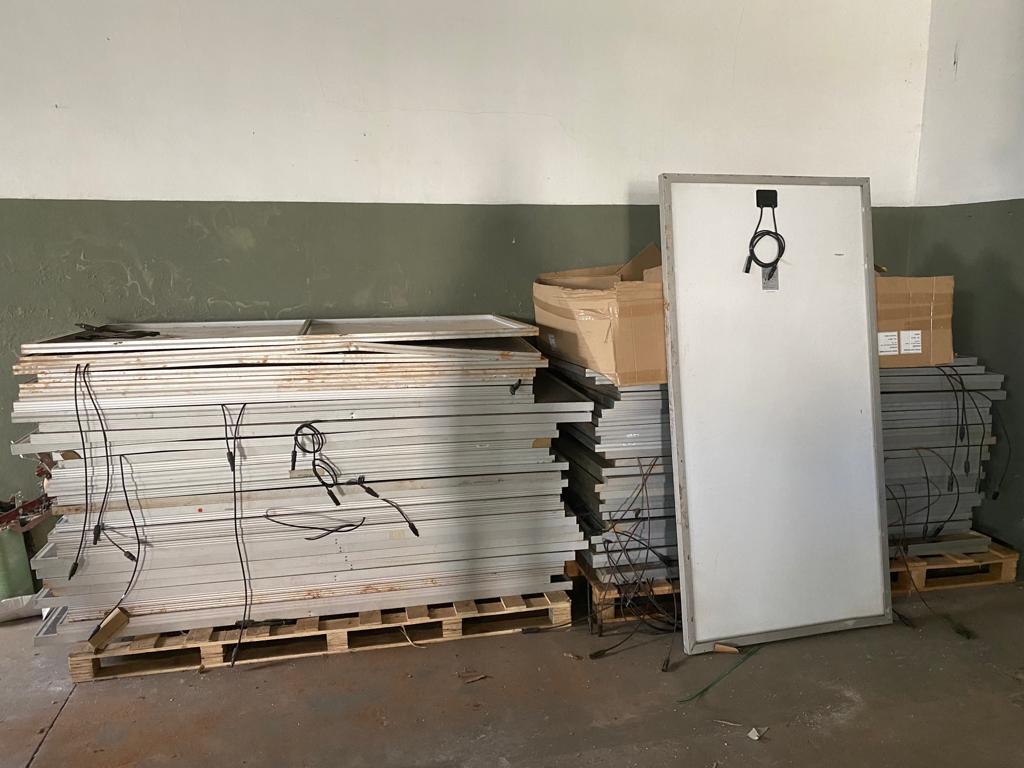
Could you comment on the lack of reverse logistics for solar panels in Brazil?
Unfortunately, this is a problem all over the world. A very low percentage of photovoltaic waste ends up being recycled, including in Brazil. What is not recycled is normally sent to landfills and co-processing. Which is a shame, because the photovoltaic module is as recyclable as an aluminum can.
https://canalsolar.com.br/mercado-de-reciclagem-de-paineis-fv-valera-us-27-bilhoes-ate-2030/
Is greater attention to the regulation of reverse logistics urgent? Is a well-defined and established circularity necessary in the photovoltaic module process?
I believe that the most important thing is regulate waste liability. At SunR we spend a lot of time waiting for our customers to define who is responsible for this disposal (insurance company, O&M, importer, transport company, manufacturer, seller, consumer).
Is there no responsibility on the part of governments to require an environmental license for a solar plant so that, at the time of planning, the company states what will be done with the material in the end?
From my experience with plants, this is not a problem. In most cases there is an environmental engineer responsible for the plant.
The modules have a useful life of, on average, 25 years. In Brazil, as it is a recent technology, no panel has reached the end of its estimated duration. Despite this, solar energy generators are not just decommissioned when they no longer work. What is your opinion?
Exactly. The equipment discarded today in Brazil has not reached its useful life. But, there are many other factors that cause them to occur. Are they:
- Manufacturing: in Brazil we have some solar panel assemblers. And, as in every manufacturing process, there are scraps and materials that do not pass the quality test;
- Importo: when we receive containers of these materials, there is always a quantity that does not meet the expected quality or is even broken. As a result, plates are normally not returned to their countries of origin due to logistical costs;
- Transport: We've seen a lot of news about trucks tipping over with new equipment. Because they are in more remote locations, the ground at solar plants is often uneven, causing accidents with forklifts and other equipment. At SunR, we have already received many materials with marks from forklift forks;
- Service: the installation service for photovoltaic systems is not always of high quality. As it is a market that has grown very quickly, not everyone has had all the necessary training and does not comply with all safety standards, causing accidents and posing risks to consumers;
- Externalities: no matter how resistant the equipment is, there are always extraordinary events that damage the modules and structures. At SunR we have even had cases of modules being hit by a stray bullet;
- Defects: like any type of product, there are those that have defects, whether at the time of installation or long after.
A study carried out by IRENA (International Renewable Energy Agency) in 2016 shows that, in Europe, around 7% of modules sold end up being discarded before 15 years of useful life.

The country only has SunR, opened more than two years ago, focused exclusively on collecting and recycling solar panels. What can we do to make this change? Is there a need for public policies to contribute to the promotion of recycling in the country?
I think so. But policies and incentives are emerging for the entire recycling market. In this case, I think that the most important thing is the technology to effectively recycle this type of equipment.
That's why We develop our own machinery, which is in the final stages of testing. The idea is to be able to open for visits from the last week of August.
Currently, we have already received more than 257 tons for recycling, coming from eight different states, which represents an average of 2.86 MW.


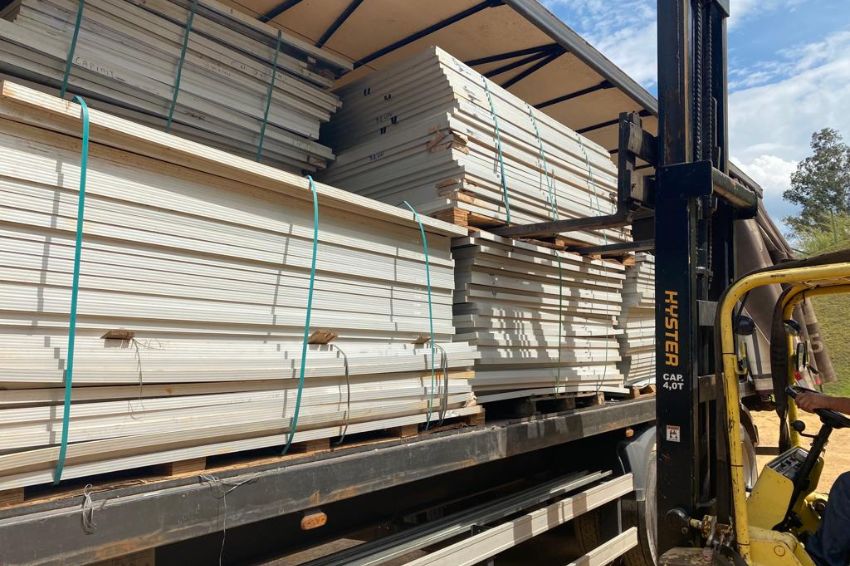

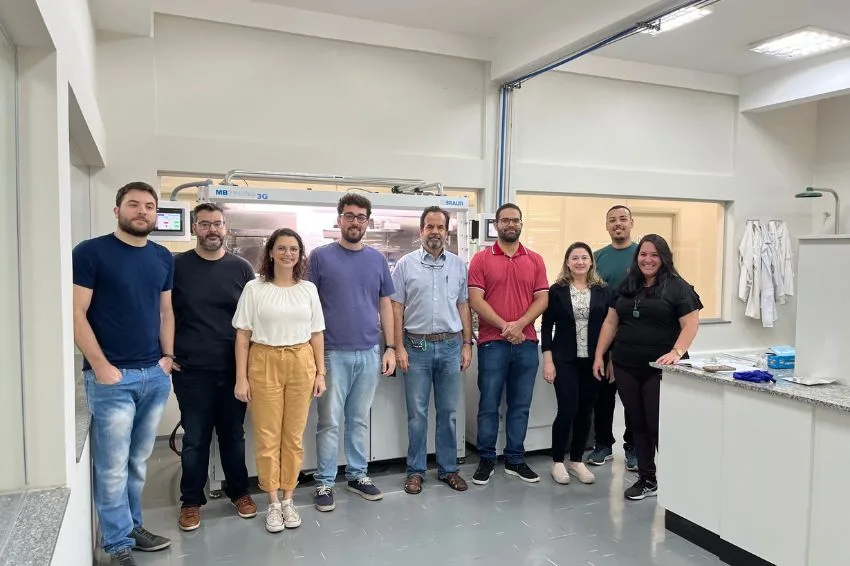
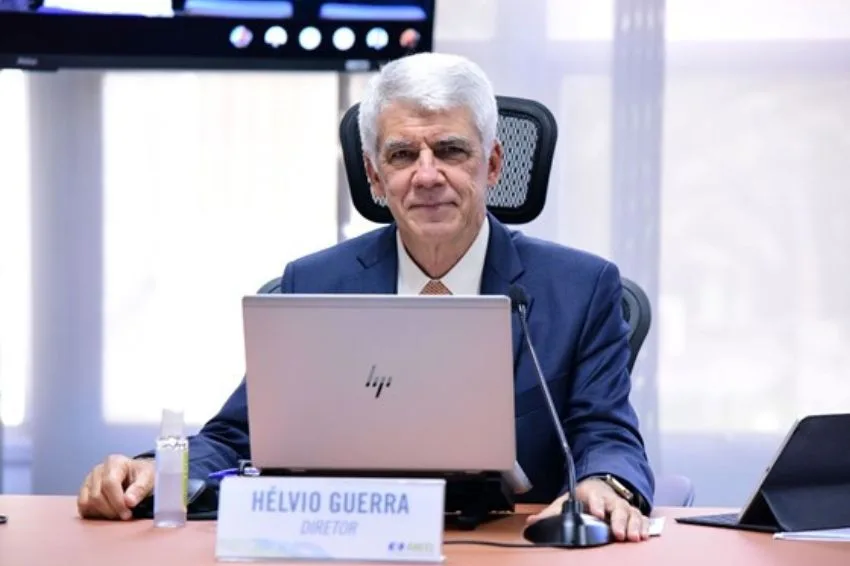
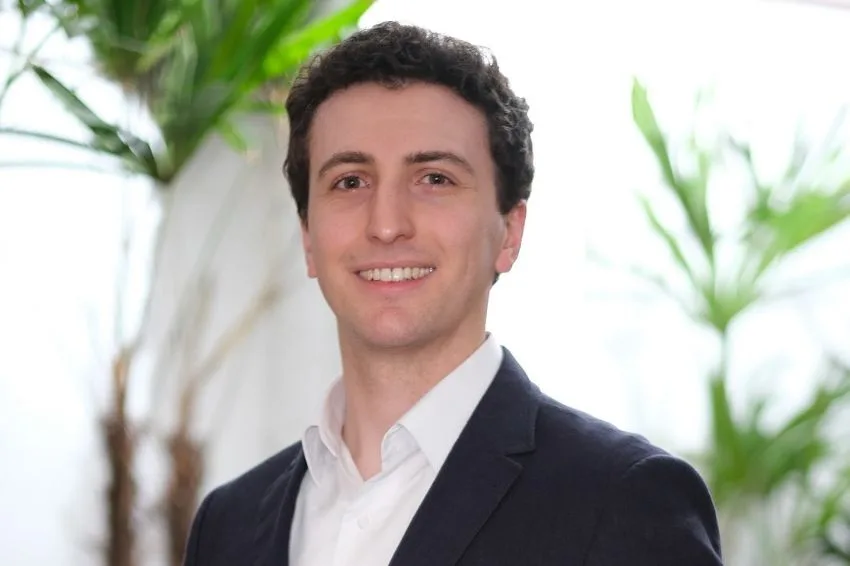

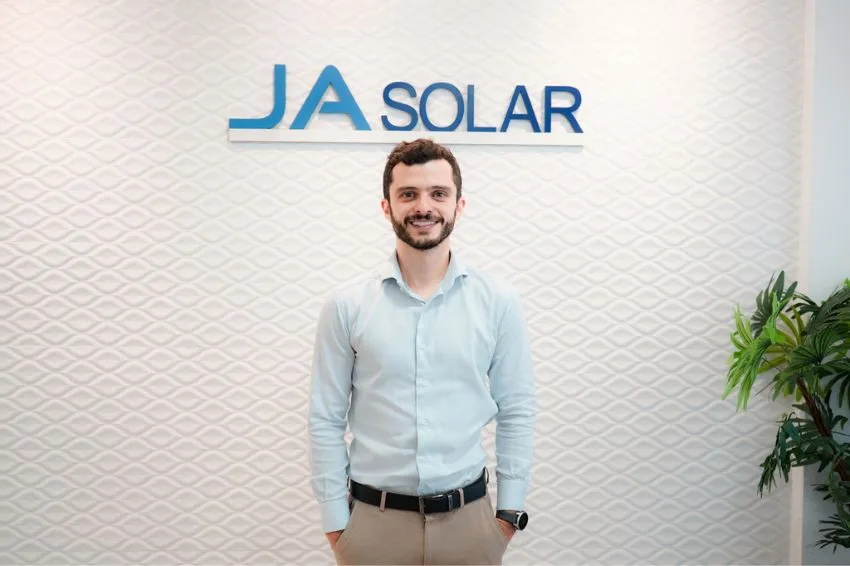








One Response
By creating locations in capital cities to receive these modules, we would already be taking a huge step towards the total recycling of PV modules.